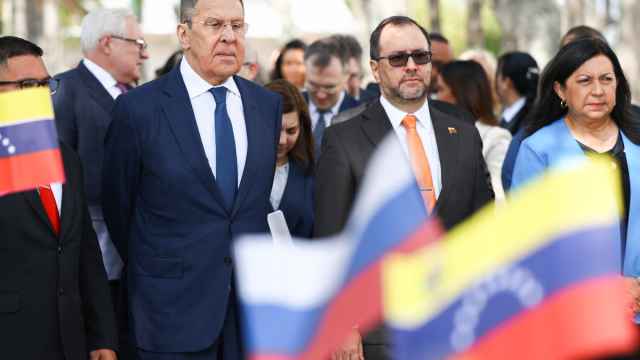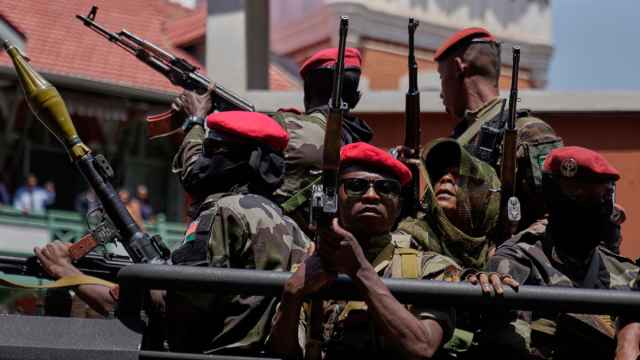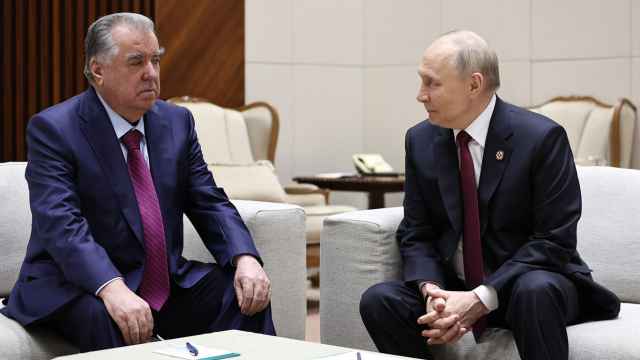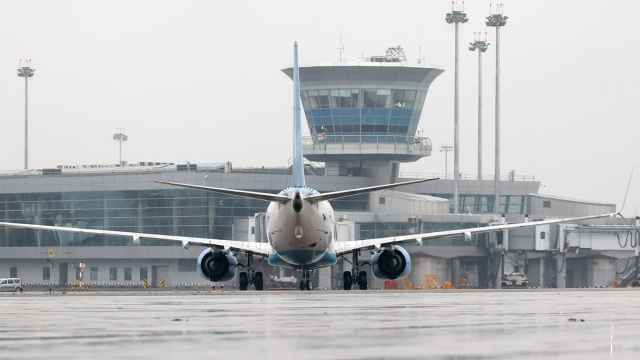Russia's EuroChem, one of the world's top 10 mineral fertilizer producers, will push ahead with plans to develop potash mines in Russia but might shelve other projects if it needs to reduce debt, its chief financial officer Andrey Ilyin said.
EuroChem, controlled by businessman Andrei Melnichenko, is investing heavily in development projects in a bid to become a global player, despite fertilizer markets being weak and fears of a future global glut of the soil nutrient potash.
"We have several hundred projects, which together amount to an investment program of about $1 billion per year," Ilyin said. This could be cut to between $150 and $200 million in case cash flow reaches critical level, he added.
EuroChem, whose total debt is now $3.5 billion, has a $4.5-billion investment program for the next five years. It raised $1.3 billion to refinance debt in August and has a net debt/EBITDA ratio at between 2.0 and 2.5 now, Ilyin said.
He declined to say which projects could be put on hold. EuroChem plans to make a final decision on its $1.5 billion project to build an ammonia and urea plant in the U.S. next year.
The company is sticking to plans to start production at two potash mines in Russia around 2017, he said. The mines are together expected to reach full output capacity of 8.3 million tons of potash by 2022.
These mines will diversify the company from its current portfolio of nitrogen and phosphate fertilizers and will open the way for a possible initial public offering, or IPO, of up to 25 percent of its shares not earlier than in 2017, Ilyin said.
Russia's Uralkali, the world's largest potash miner, rocked the industry when it abandoned an export cartel with Belaruskali in July, seeking to maximize sales volumes. Since then, global potash prices decreased and may fall further this year, according to Uralkali.
"The possibility of potash capacity surplus is a risk which we analyze all the time," Ilyin said. "But the main condition of the project, that we receive enough return on equity, continues even when it is tested at stressed levels."
A Message from The Moscow Times:
Dear readers,
We are facing unprecedented challenges. Russia's Prosecutor General's Office has designated The Moscow Times as an "undesirable" organization, criminalizing our work and putting our staff at risk of prosecution. This follows our earlier unjust labeling as a "foreign agent."
These actions are direct attempts to silence independent journalism in Russia. The authorities claim our work "discredits the decisions of the Russian leadership." We see things differently: we strive to provide accurate, unbiased reporting on Russia.
We, the journalists of The Moscow Times, refuse to be silenced. But to continue our work, we need your help.
Your support, no matter how small, makes a world of difference. If you can, please support us monthly starting from just $2. It's quick to set up, and every contribution makes a significant impact.
By supporting The Moscow Times, you're defending open, independent journalism in the face of repression. Thank you for standing with us.
Remind me later.





